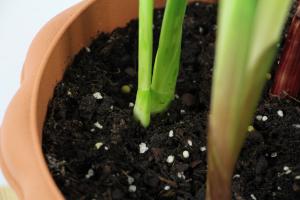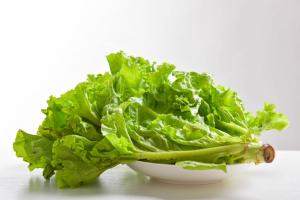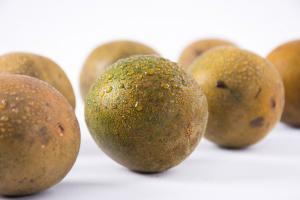What Type of Apple Tree Should I Plant?
Apples are a staple fruit in many households, and planting your own apple tree can provide you with fresh, juicy fruit year after year. However, with so many different types of apple trees available, it can be overwhelming trying to choose the right one for your needs. Here, we’ll explore some key factors to consider when deciding what type of apple tree to plant.
Location and Climate
The first thing to consider when selecting an apple tree is where you live. Different varieties of apple trees thrive in different climates, so it’s crucial to select a type that can survive and produce fruit in your location. For example, if you live in a colder climate, a hardy variety such as Honeycrisp or McIntosh may be a better choice than a more delicate type like Golden Delicious.
Additionally, it’s important to choose a location that will give your apple tree the best chance of flourishing. Most apple trees require full sun and well-draining soil, so be sure to select a spot in your yard that meets these criteria.
Taste and Use
The taste and texture of the apples produced by your tree is another crucial factor to consider. Some apple types are sweeter or more tart than others, and some are better suited for cooking than eating fresh. If you’re planting an apple tree primarily for baking, you may want to choose a tart variety like Granny Smith or Braeburn. If you’re looking for a sweeter apple to eat fresh, Honeycrisp or Pink Lady may be a better choice.
It’s also important to consider whether the apples produced by your tree will be good for storing. If you’re hoping to have a supply of apples throughout the winter months, choose a variety that can be stored for long periods, such as Rome or Cortland.
Pollination Requirements
Most apple trees are not self-pollinating, which means they need a nearby apple tree of a different variety to fruit properly. If you’re only planning to plant one apple tree, be sure to choose a self-fertile variety such as Liberty or Jonagold.
If you’re planning to plant multiple apple trees, it’s important to choose varieties that are compatible for cross-pollination. Many apple trees are labeled with a pollination code on their tag or label that can help you determine which types are compatible with each other.
Conclusion
Selecting the right type of apple tree can seem overwhelming, but by considering your location and climate, taste preferences, and pollination requirements, you can narrow down your options and choose a variety that will give you delicious, fresh apples for years to come.

 how many times do yo...
how many times do yo... how many planted tre...
how many planted tre... how many pine trees ...
how many pine trees ... how many pecan trees...
how many pecan trees... how many plants comp...
how many plants comp... how many plants can ...
how many plants can ... how many plants and ...
how many plants and ... how many pepper plan...
how many pepper plan...































